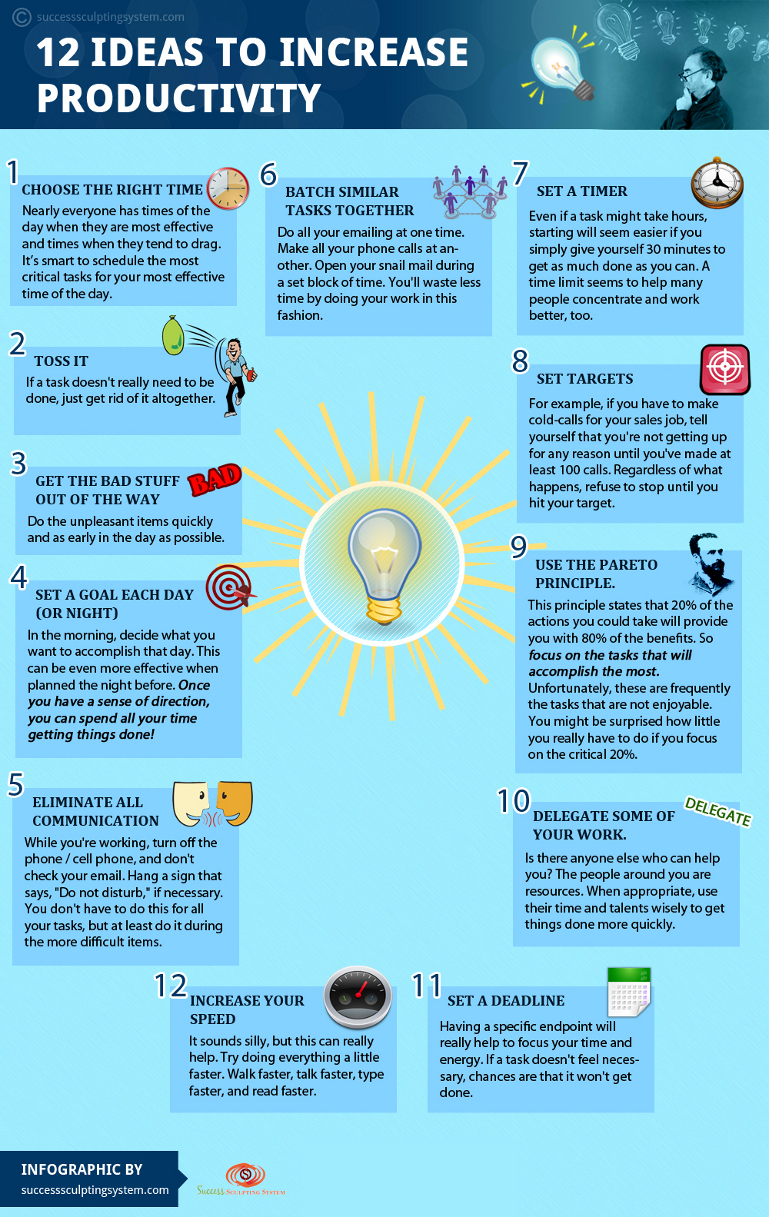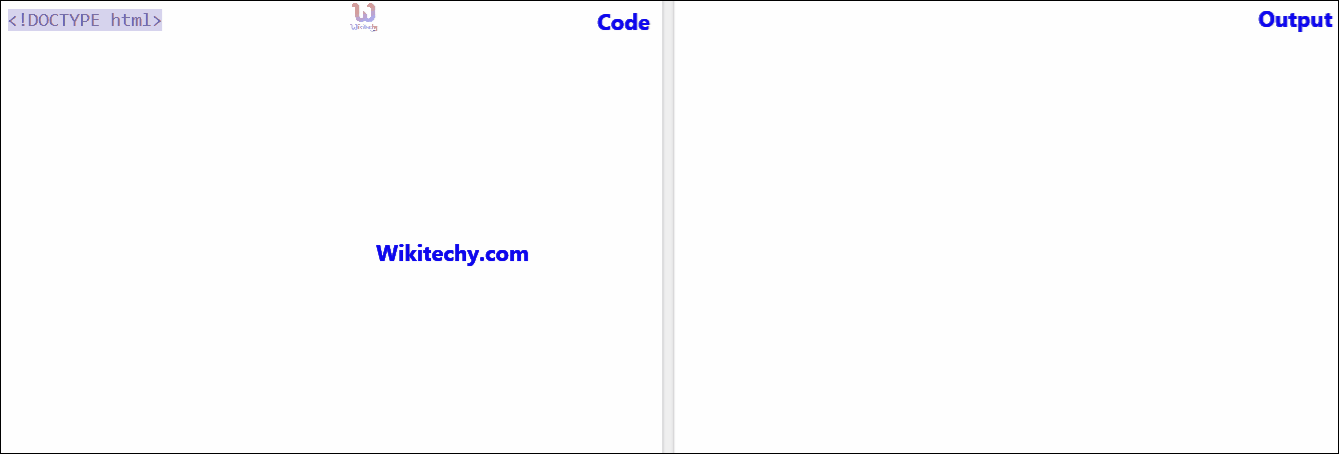Finally, nurses are responsible for providing the high-quality care, and strategies such as the development of research and educational interventions should be added to professional development for nurses. Moreover, the strategies can help nurses to minimize time pressure in practice and reduce negative impacts of time pressure. This process can be accomplished by developing and evaluating effective educational programs in different settings. The literature review showed that there were few studies on the effectiveness of both time management behaviors and time management training programs, especially on nursing care quality. For example, a study showed the positive effects of time management training program on the perceived stress and occupational performance of participants.
In another study performed in Malaysia, a significant relationship was found between time management and occupational performance. In a study conducted in Iran, time management training could promote time management behaviors by improving the organizational skills and time control in head nurses. In this study, the researchers emphasized that there were many research gaps in the time management skills training, and more extensive research is needed in this area. Waterworth found that time management is one of the obligations, which must be observed by nurses in the organization. Raeissi et al. showed that there was a significant direct relationship between the nursing organization's responsibilities and care quality.
As the quality of nursing services increased, the organizational commitments also increased. Another study found that one way to increase patient satisfaction is time management by care providers, as this skill meets the patients' needs in the minimum time with the lowest cost. Claessens et al. have defined time management as behaviors, the purpose of which is the effective use of time for objective-oriented activities such as business and academic tasks. These behaviors include time assessment, planning, and monitoring behaviors.
Moreover, due to lack of time, some nursing practices are sometimes forgotten and many patients are neglected, and as a result, they do not receive adequate care. Therefore, time management skills have major effects on the quality of care. On the other hand, employees continuously suffer from occupational burnout due to time pressure. Thus, it is essential for nurses to focus on time management of the patient care plan and assign an appropriate time for care processes. The results showed that the mean score of nursing care quality in psychosocial aspect significantly increased after the intervention. One of the points considered in the psychosocial aspect of nursing care quality is occupational stress.
The occupational stress is highly expensive for health-care organizations. In line with these results, numerous studies have shown that effective use of time can reduce the stress in nurses.,,,, It seems that proper planning increases the efficiency while avoiding time waste and confusion by nurses. Proper use of time led to an appropriate and effective communication among nurses, patients, colleagues, and family members, and hence, planning tasks resulted in reduced anxiety, increased quality of care, and efficiency.
Therefore, a higher level of time management skills leads to lowering the pressure caused by stressors in the work environment and vice versa. The sessions on TMSs provided an opportunity to the students for enhancing their time management more effectively. Literature has suggested that improved TMSs contribute to lesser burnouts, better patient-physician relations, and higher career satisfaction. Need assessment sessions showed that the TMSs were longed by students and they showed similar responses in reflections after sessions using MAPM. In a study where participants were nursing students, it was found that time management was observed in 85.5% students which may be due to more emphasis in nursing training institutes on time management.
These findings were in contrast with the findings of the study on nursing students (49%). The feedback of students was found to be ranging from neutral to positive responses for the sessions and impact of MAPM on their TMSs. Few studies conducted on TMSs were in consensus to our study where a moderate number of students need TMSs while few showed good TMSs. After the session, students were of opinion that time management is an important skill for their control over their time and it definitely reduces stress and unorganized studies. TMS development at an early stage in medical students will evolve as a habit of good time managerial skills. The impact of the session could be a short-term improvement as a longer duration of the assessment is required to comment on long-lasting influence.
Hence, this study has concluded that prioritization of activities under high, medium, and low priority tasks help in delegating time rationally and this can be easily done using MAPM. The use of matrix has some constraints initially, but with practice, it becomes a part of the routine and helps in managing time more efficiently which leads to better utilization/management of time. Imparting TMS at an early stage of a medical career is expected to have better outcomes as a physician. The results of the present study showed that the mean nursing care quality score of communication aspect significantly increased in the intervention group after the intervention. Major et al. also showed that time management facilitated the communication between work and family.
The results of this study suggest that nurses should receive the required training for communicating with patients. That is why nurses can provide interventions, care, and sympathy through communication, and the nursing care quality and patient satisfaction increase in case of a proper communication between nurses and patients. In general, it appears that time management training can improve nursing care quality and may be effective in better organizing and planning of care providers. Moreover, effective time management training programs can be an important step for staff nurses and their head nurses. Time management training programs can play an effective role in different aspects of nursing care quality, including psychological and communication ones.
Therefore, it is recommended to enhance time management skills in nursing and other medical professions through continuous training programs as short-term training courses or educational workshops. Facilities must be allocated to clinical training programs so that nurses can have the opportunity to acquire the relevant skills to the desirable level with the help of experts. On the other hand, further research is needed to examine the effect of management training programs on other variables such as the efficiency of medical professions and patients outcome.
First, this study was conducted only on nurses working in the hospital of Iran, and thus, its findings cannot be generalized to other communities. Second, the most important limitation of this study is the choice of outcomes and instrument. We only evaluated impact of time management skills training on the psychosocial and communication aspects of nursing care quality.
Third, we collected data in two stages with a 1-month interval. The 3–6 month follow-up and longitudinal studies should be conducted with a larger group to determine whether educational interventions have long-term effects on nursing care quality. The aims of this training program were to familiarize nurses with time management skills and to aid them to make changes in the nursing care quality. We were particularly interested in the arrangement of training programs to promote the psychosocial and communication aspects of nursing care quality. The intervention and control groups simultaneously completed the pre-and post-test questionnaires in separate places immediately before the intervention and 1 month later. A coded research identifier was assigned to each participant.
Furthermore, all participants were required to sign the written informed consent forms. Although using these skills is a major component of nurses' professional practice, time management has not been adequately considered. Nasri in a related study showed that head nurses reported higher score of time management behaviors than the staff nurses.
A comparison of the perceptions of these two groups can help us detect and reveal nurse administrators' time management. On the same side, Anderson and Pulich 36 claimed that in health care workplace delegation plays a very important role and it is used their skills for successful nurse managers. The foregoing present study improvements are in agreement with those of Mohamed 29, who mentioned that there was an improvement between the pre and posttest of knowledge for all participants in training program. With regard to the difference in head nurses' and staff nurses' perception of time management behavior, it is suggested to investigate other related causes.
Holding the training programs about time management behaviors and applying the ways to improve the quality of these programs can be useful. Highlighted role of head nurses' attendance in the morning shift can also be effective in this regard. Meanwhile, from staff nurses' viewpoint, time management was the same in different shifts. With regard to lack of other studies concerning these two latter findings, researchers are suggested to conduct further studies on these cases.
How To Improve Time Management Skills With regard to the results of the present study as well as other studies, it can be concluded that like other managerial skills, time management skills are being used and developed by head nurses. The difference in viewpoint between head nurses and staff nurses concerning application of time management is overt, which can have many underlying factors. This study showed that the mean scores of head nurses' time management were not equal between BS and MS nurses. MS nurses considered their head nurses' time management less than BS nurses. Nurse managers help health care facilities oversee their staff and financial resources to ensure effective operations.
Through their work, their team can create safe environments that offer quality patient care. If you're interested in pursuing this type of medical leadership role, there are some skills for you to consider developing. In this article, we explore some examples of nurse manager skills, share how to improve these traits and provide tips on how to highlight them when applying for a job and in the workplace. This is a comparative descriptive study in which head nurses' time management behavior has been studied.
Study population comprised all staff nurses and head nurses working in Social Security Hospitals in Tehran, Iran, and the research was conducted in nine hospitals under the coverage of social security organization. Throughout the game, new graduates are encouraged to think critically about how tasks fit into a larger picture and how essential they are to comprehensive care. After completing the game, the small groups reconvene into the larger group for reflective debriefing.
Using peer support, the new graduates discuss their current time management strategies, including best practices and areas for development. Time management in nursing ensures that patients receive the best care during therapy sessions. The safety, health and security of patients depend on nurses being able to manage the numerous tasks assigned to them. Nurses might do well to find the time management tools that work best for them as individuals.
Some may keep written checklists outlining their duties, some may keep an electronic log of responsibilities, while still others may be able to keep track of their numerous responsibilities in their minds. Time management in nursing also can be improved if nurses delegate certain tasks to others, such as certified nursing assistants, who can handle some of the tasks for which nurses are responsible. We believe that quality of care must be updated based on professional knowledge as a health service level that increases the chance of achieving desirable health results.
Therefore, it is suggested that the effect of the educational interventions may not be sustained over time, and the educational program must be followed for a longer duration. The quality is defined based on a list of standard quality indicators. Patient-oriented health outcomes and the care processes are considered as the two important components of care quality. These indicators are composed of death, disease, disability, discomfort, and dissatisfaction.
Nursing care quality is characterized as the processes and outcomes of care. The care processes are related to the provision of care/interventions that must be effective, efficient, timely, safe, and patient centered. The care outcomes are related to patients' health condition and functioning and satisfaction with care.
The implementation of high-quality care is enhanced by improvement of nursing competencies such as time management skills training. When you make a list to help manage your time, focus on your most critical responsibilities first. Arranging your day according to priorities allows you to complete the most important activities during the bulk of your shift, saving the end of your day for remaining tasks that you might be able to postpone. In most cases, patient care and patient satisfaction should be at the top of the list. According to Baptist Health Schools, it's best to complete your highest priority task whenever possible, making sure it doesn't get delayed or forgotten, and finish one task before beginning another.
Then, you can revisit your schedule and rearrange priorities based on remaining tasks and add any new responsibilities you took on during the day. In addition, the current study results reported that there is a correlation between age, and years of experience in the current position of the nurse managers and their skills in time management, delegation and time wasters. The experience gave them the chance to learn more about leadership skills, and clarified their strengths and capabilities to use those talents for improving management skills.
This finding is incongruent with that of Mohamed 24, who reported that there was no correlation detected between delegation and age or experience. Meanwhile, nurse managers' knowledge about time wasters was decreasing with the increase in their age and years of experiences. On the same line, Marquis and Huston 33 emphasized that lower level managers with less years of experience have more interruption than higher level managers with longer years of experience. Barishansky 4 suggests that the purpose of delegation is to have someone else get the job done efficiently and effectively. In this case, delegation becomes synonymous with productivity, and there a lot of reasons for delegation for this it is not an option but it is essentials. Occasionally, nurse managers must delegate routine activities to be free to handle those complex problems that require a higher level of expertise.
The managers select person is prepared well or more expertise or has problem solving skills. When managers wants provide learning or "expansion" opportunities can use delegation. Subordinates may become bored because are not delegated enough responsibility, unproductive, and incompetent. So, the manager participate their subordinates personal and professional improvement by delegation. Effective time management is considered important for managers for achieving the goals in an organization. Head nurses can improve their efficiency and performance with effective use of time.
Even though your responsibilities as a nurse are somewhat unpredictable, strategizing your time by planning out tasks can make your day constructive. A "to-do list" helps you stay focused on your nursing responsibilities so there's no dead, unproductive time. When you get a break in your workload, assess the list, adding or deleting items according to their significance. Creating a list serves a two-fold purpose; it helps you manage your time and relieves stress by ensuring you don't forget something important. Nurses must be able to handle emergencies and contingencies as they arise. One major reason time management in nursing is vital is the typically large patient caseloads that nurses must manage.
They must ensure they check on each patient several times during each shift as they complete their rounds. Nurses must regularly check on patients while also handling any contingencies or emergencies that arise, so the ability to prioritize is vital. Nurses often act as the communication link between certified nursing assistants, other nurses, doctors and health care professionals such as physical therapists. It's what helps you get ahead in your career, deliver your projects successfully, or even get a promotion with a pay increase—that correct focus is like a workout.
It might be tough but it's necessary to stay on pace with the activities that add the most benefit to your projects and your clients. The better you are at maintaining focus and managing your time, the more you will achieve, and the easier it will be for you to leave the office on time and have space left for the rest of your life. Not only do effective time management skills allow you to get better results at work, but it also help you outside of your office, too.
When there's more of you left for the rest of your life, trust me – your work will improve. Another skill nurse managers have is guiding and empowering new nurses. They can share their experience with those beginning a nursing career by providing wisdom and insight. This also can include educating their team members about ways to advance in the health care profession. Ellie Mein, medico-legal adviser at the Medical Defence Union, says, "Although time management can't increase the hours in the day or reduce your workload, it can help you feel more in control and reduce stress.


























No comments:
Post a Comment
Note: Only a member of this blog may post a comment.